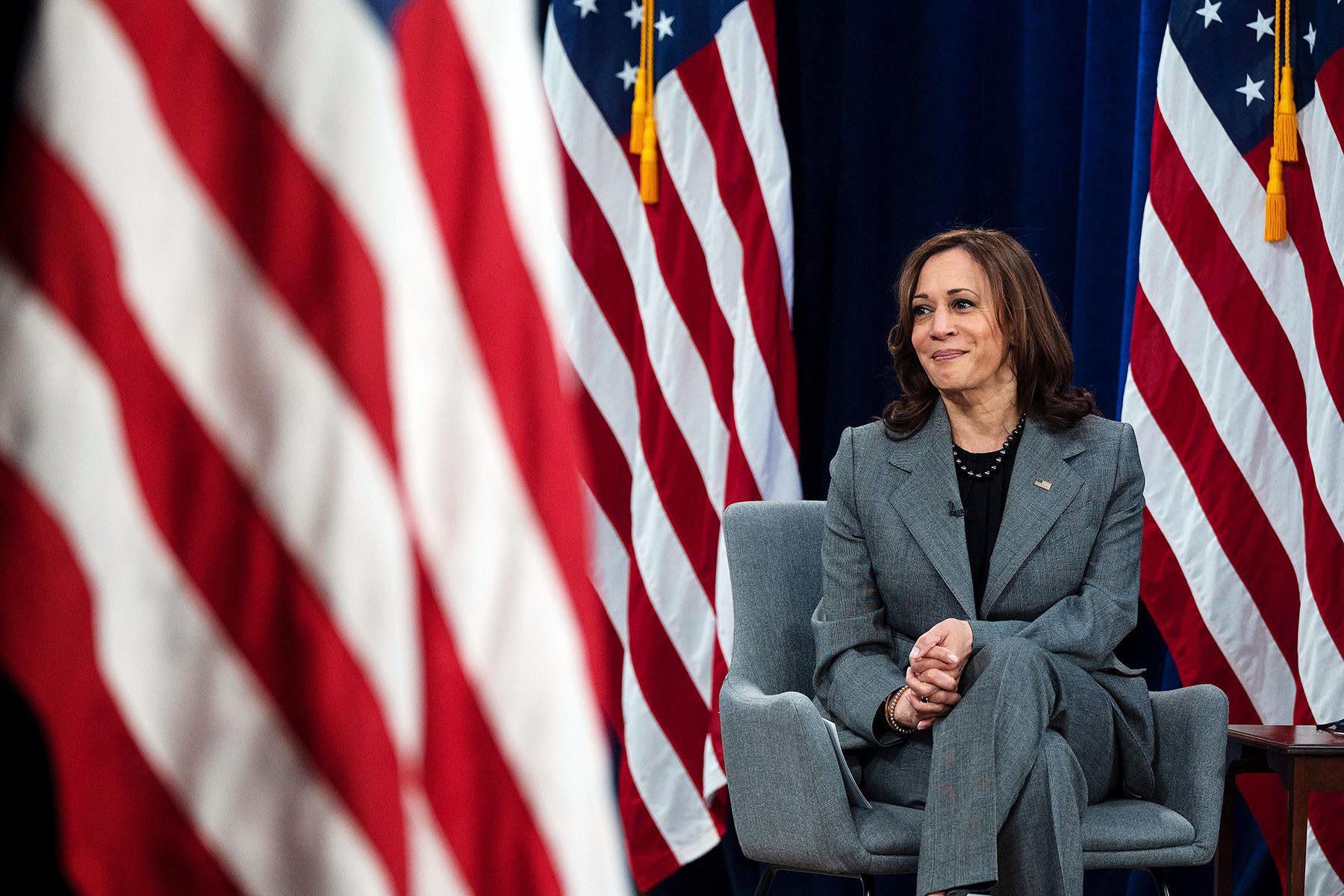When her only daughter excitedly announced her pregnancy, Toni Brown thought the birth of her first grandchild would be the happiest day of her life. Near the due date, the doctors decided to induce labor — which lasted more than 18 hours before they decided to perform a cesarean section. After waiting five more hours, Brown was told her daughter was in a coma, brain-dead.
“To this day, we still don’t know why she stopped breathing, and the doctors said they still don’t know,” Brown said at the White House’s first Maternal Health Day of Action on Tuesday. At the event attended by lawmakers, advocates and celebrities, Vice President Kamala Harris issued a nationwide call to action for private and public sectors to improve health outcomes for pregnant people in the United States, where pregnancy-related deaths occur at a higher rate than in other countries with similar incomes.
“This challenge is urgent and it is important and it will take all of us,” Harris said. “ And to put it simply, here’s how I feel about this: In the United States of America, in the 21st century, being pregnant and giving birth should not carry such great risk. But the truth — and this is a hard truth — women in our nation are dying before, during and after childbirth.”
Harris also pointed out stark racial disparities.
“When we know that for some women, the risk is much higher,” Harris said. “We should do something about it.”
Black women, like Brown’s daughter, are three times as likely to die from pregnancy-related complications as their White counterparts. Native American women are more than twice as likely to die, according to data from the Centers for Disease Control and Prevention. And women who live in rural areas — where pregnancy care is often difficult to come by — are about 60 percent more likely to die. In addition, tens of thousands of Americans experience life-altering health changes as a result of pregnancy, including severe heart issues, hemorrhages, seizures and blood infections.
This health crisis has been a priority for Harris for years. As attorney general of California, Harris established the Bureau of Children’s Justice, which prioritized the needs of children and their parents and established programs to support at-risk and low-income pregnant people. As a senator, Harris introduced the Maternal CARE Act and the Black Maternal Health Momnibus Act. Neither made it into law, but parts became key components of the Build Back Better Act, which includes a $3 billion investment in maternal health. The House has passed the measure, but negotiations continue in the Senate.
“The point for me has always been clear,” Harris said. “What affects the children of our communities, affects all of us.”
Harris also announced that the Centers for Medicare and Medicaid Services would propose a new “Birthing-Friendly” designation for hospitals and have issued new guidance to encourage states to provide one year of continuous postpartum coverage — an expansion from 60 days. Research shows that many maternal deaths and complications happen more than 60 days after the delivery, when, in many states, Medicaid coverage has lapsed. Xavier Becerra, the secretary of health and human services, also announced the release of a new report that found that such an expansion would double the number of Americans getting coverage and help more than 720,000 people each year.
The summit also included conversations about the role of men in improving maternal health — led by Democratic Sen. Cory Booker of New Jersey — and systemic challenges that disproportionately affect Black and Indigenous pregnant people and pregnant people who live in rural America.
“Action is long overdue,” Harris said. “We have all heard the stories, and some here have lived the stories: Women who have experienced pain only to be ignored. Stories of women who have experienced postpartum depression only to be dismissed. Stories of women who had to be put on life support or receive a blood transfusion after blood transfusion and could not hold their newborn baby. These stories should compel all of us to take on this crisis.”






